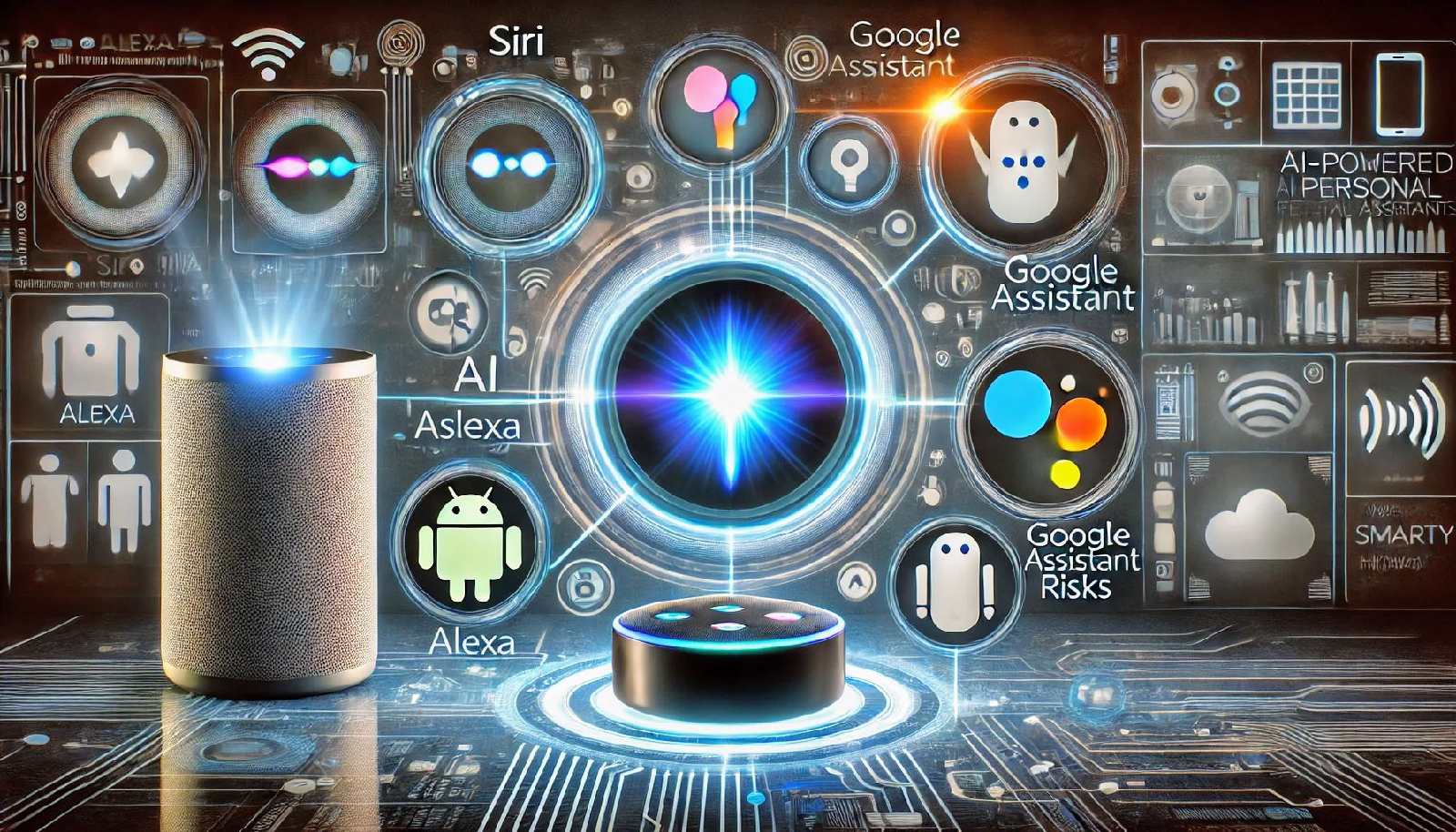The Rise of AI-Powered Personal Assistants: Are They Truly Helping or Invading Privacy?
Introduction:
Artificial Intelligence (AI) is revolutionizing how we interact with technology. AI-powered personal assistants like Siri, Alexa, Google Assistant, and ChatGPT have become indispensable for many, offering convenience, efficiency, and personalization. However, as these technologies continue to evolve, they raise important questions about privacy, data security, and their true impact on users.
The Benefits of AI-Powered Personal Assistants
1. Streamlining Everyday Tasks
Personal assistants simplify daily life by performing tasks like setting reminders, answering questions, sending messages, and managing schedules.
2. Accessibility and Inclusivity
AI assistants empower individuals with disabilities by enabling voice commands for tasks, navigation, and smart home controls.
3. Personalized Recommendations
By analyzing user behavior, these assistants offer tailored suggestions for music, shopping, fitness, and more, enhancing user experience.
4. Smart Home Integration
Devices like Alexa and Google Assistant connect with smart home appliances, enabling seamless control over lighting, security, and entertainment systems.
Privacy Concerns and Ethical Challenges
1. Data Collection and Storage
AI assistants collect vast amounts of user data, from voice recordings to browsing habits. This raises concerns about how companies handle and store this sensitive information.
2. Risk of Surveillance
Many fear that these devices could act as surveillance tools, listening to conversations and potentially sharing data without explicit consent.
3. Lack of Transparency
Users often remain unaware of what data is collected and how it is used, making it difficult to trust the system fully.
4. Potential Misuse of Data
Cyberattacks or unauthorized access could lead to the misuse of stored personal information, leading to identity theft or fraud.
Balancing Helpfulness and Privacy
Enhanced Privacy Controls: Users should have access to clear settings to manage and delete stored data.
Transparency from Companies: Tech companies must provide detailed policies about data collection and usage.
Educating Users: People need to understand how these systems work to make informed decisions about their usage.
Conclusion:
AI-powered personal assistants are undeniably transformative, offering unparalleled convenience and innovation. However, their widespread adoption must go hand-in-hand with strict privacy safeguards and ethical practices. As users, we must remain vigilant, balancing the benefits with potential risks to make the most of this technological revolution.
Disclaimer:
This blog is for informational purposes only. The opinions expressed are based on research and do not represent endorsements of any specific AI personal assistant or company. Readers are encouraged to exercise caution and make informed decisions regarding privacy settings and device usage.




Comments
Post a Comment